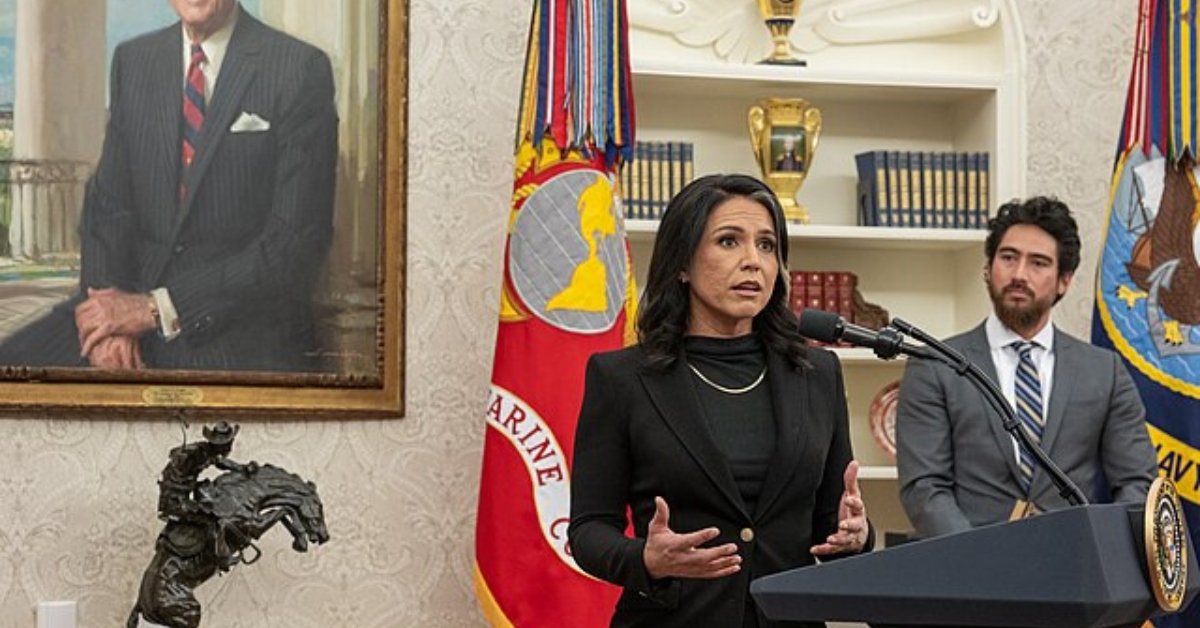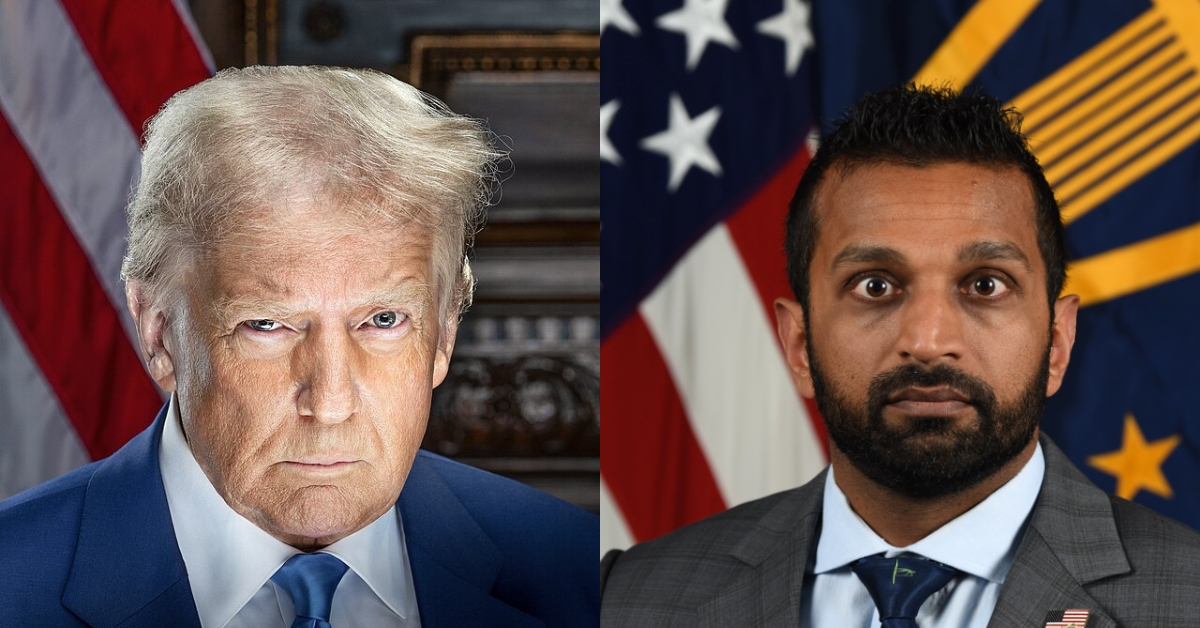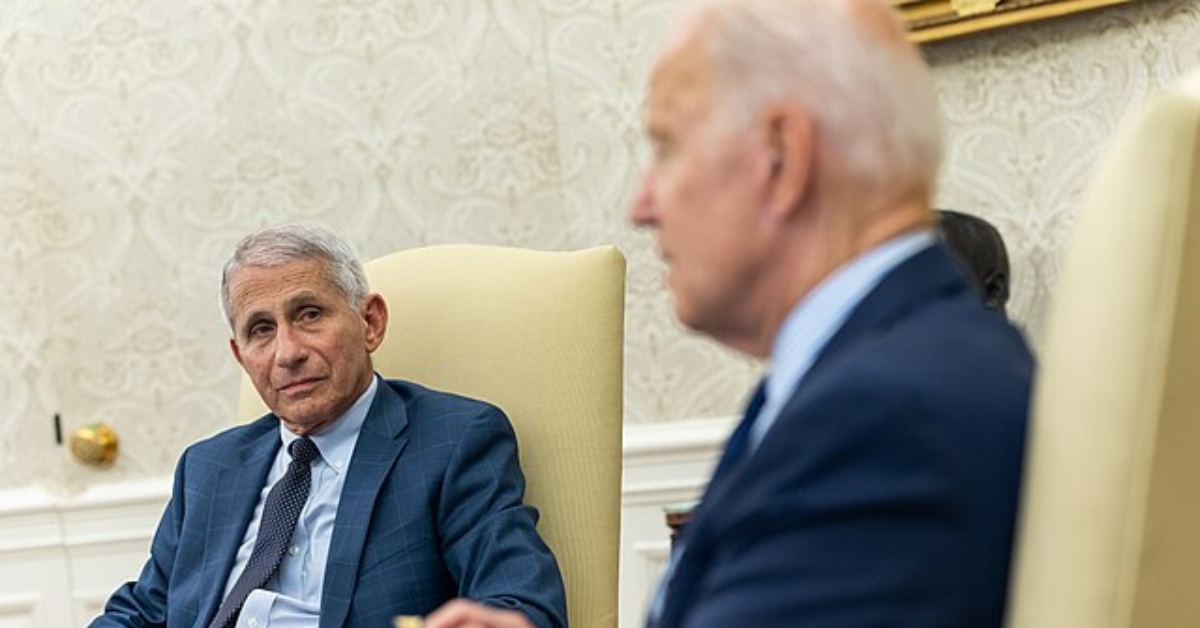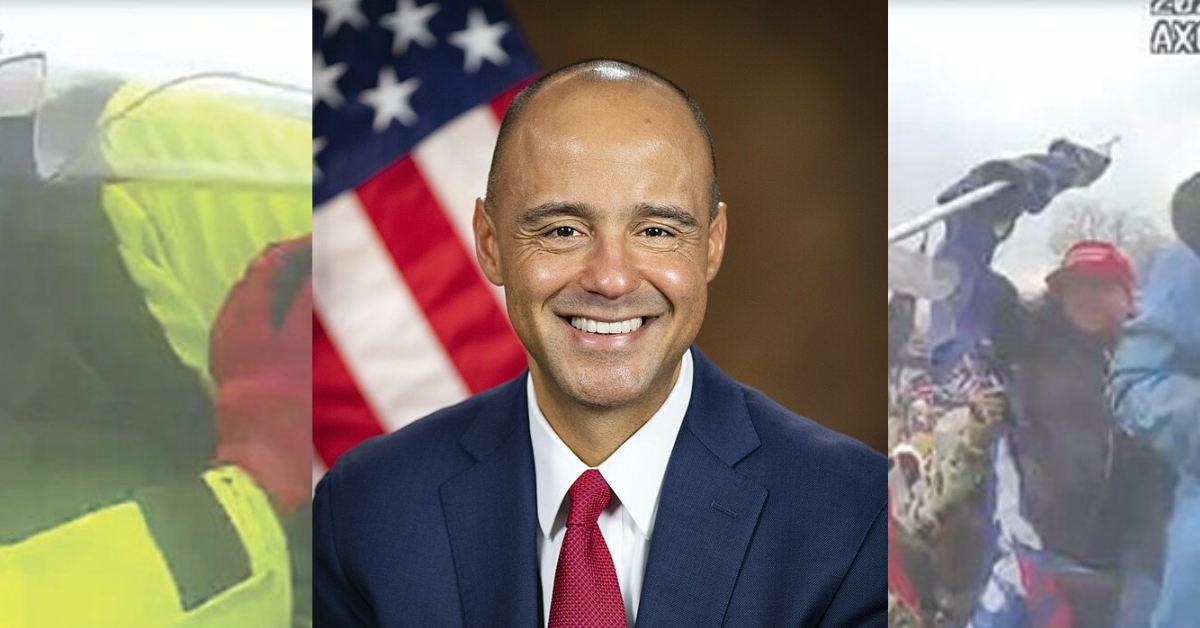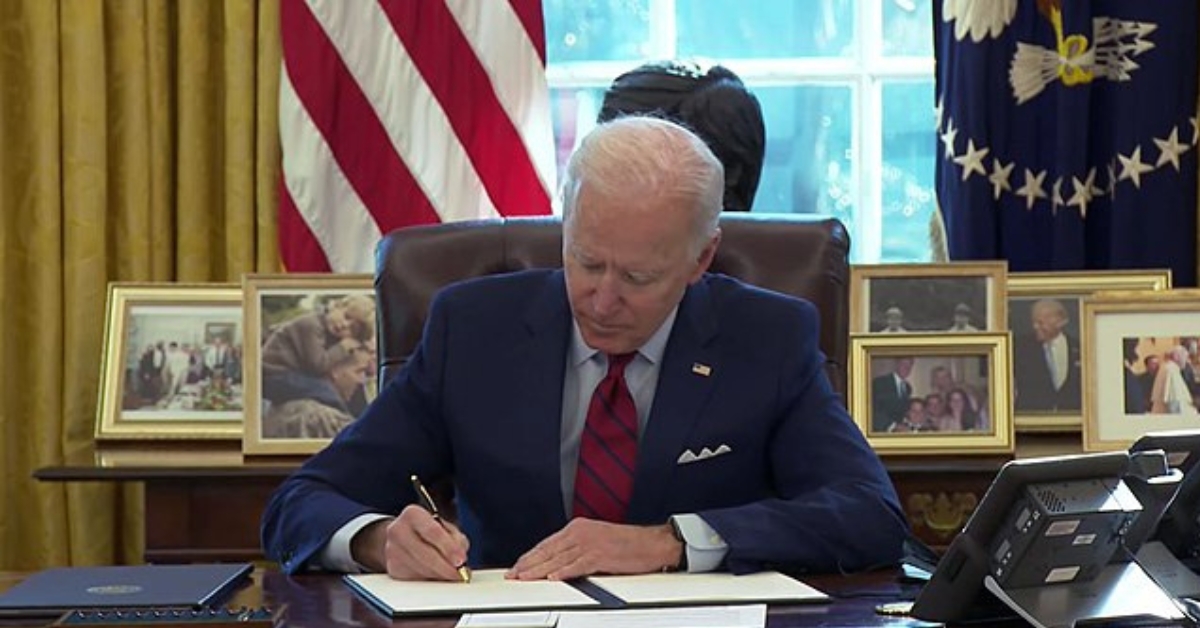
Former Hotel Worker Exposes Illegal Immigrant Shelter Scheme
Carlos Arellano, a former hotel worker in New York City, recently exposed a troubling facet of the city’s shelter program that transforms hotels into makeshift havens for illegal immigrants. This scheme not only exploits the burgeoning migrant crisis for financial gain but also contributes significantly to the city’s dwindling availability of hotel rooms for tourists and regular travelers, a situation that reveals much about the mismanagement at the city’s helm.
The city’s hotels, with over 130 of them enthusiastically participating, have seen the average cost of a hotel room jump from $277.92 in 2022 to $301.61 in 2023. The financial incentive is clear: these hotels are making a tidy profit by capitalizing on the crisis, charging the city exorbitant rates—between $139 to $185 per room per night—regardless of whether the rooms are occupied.
Arellano’s account paints a stark picture of operational deception. He describes hotel lobbies bustling with staff who are largely unoccupied, yet all of whom are billed to the city, driving up costs artificially. This profiteering is not just an exploitation of city funds but an emblematic symptom of a broader malaise where supposed humanitarian aid is repurposed for monetary gain.
New York’s Hotels Are Contributing to a Larger Problem
Such arrangements suggest a deeply entrenched system of exploitation that not only strains the city’s budget but also muddies the moral waters of genuine aid. New York’s taxpayers are unwittingly funding this exploitation, and the price is steep—not just in dollars but in the erosion of trust in public governance. Mayor Eric Adams, despite his public lamentations about the financial strain these policies inflict, has opted for budget cuts that undermine essential services like the NYPD and public libraries. This prioritization—or lack thereof—highlights a disheartening disconnect between the city’s stated humanitarian goals and the grim fiscal realities.
The broader implications of these missteps are profound. As illegal immigration continues to surge, with U.S. Customs and Border Protection reporting escalating encounters, sanctuary cities like NYC appear to be responding not out of altruism but financial opportunism. This saga of mismanaged civic duty and exploited crises underlines the urgent need for accountability and reform. It’s a stark reminder of the dangers posed by policies rooted in ideological zeal rather than pragmatic governance, where the welfare of the city and its most vulnerable residents is sidelined by the greed of a few.
